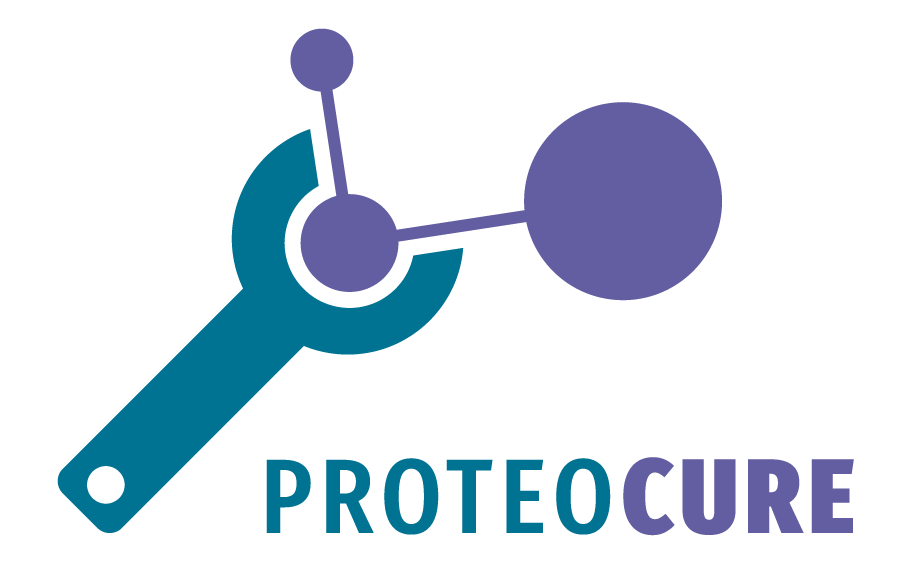Overview
Diffuse Midline Gliomas (DMGs) are one of the most aggressive and deadly childhood brain cancers. The current treatment, radiotherapy, offers only a short-term life extension (typically only by months). There are no effective long-term therapies, highlighting a major unmet medical need. Recent evidence suggests that radiotherapy may act—at least in part—through a form of regulated cell death called “ferroptosis”. This PhD project will explore whether ferroptosis plays a role in the death of DMG cells and whether it can be harnessed or enhanced using treatment combinations. This project aims to explore how DMG cells might be made more vulnerable to ferroptosis and to kill cancer cells more effectively. We’ll use DMG cell models to test whether standard treatments like radiotherapy, as well as new experimental drugs, can work even better when combined with ferroptosis inducers. We’ll also investigate how DMG cells become resistant to treatment, and how we might overcome that resistance. This is a discovery-focused PhD project that blends cancer biology, drug discovery, genomics and cutting-edge molecular techniques. It’s perfect for someone curious about cancer mechanisms, passionate about translational science, and eager to contribute to urgently needed therapies for children with brain cancer.
For more information: https://www.qub.ac.uk/courses/postgraduate-research/phd-opportunities/unlocking-ferroptosis-vulnerabilities-in-lethal-paediatric-diffuse-midline-gliomas-1.html

